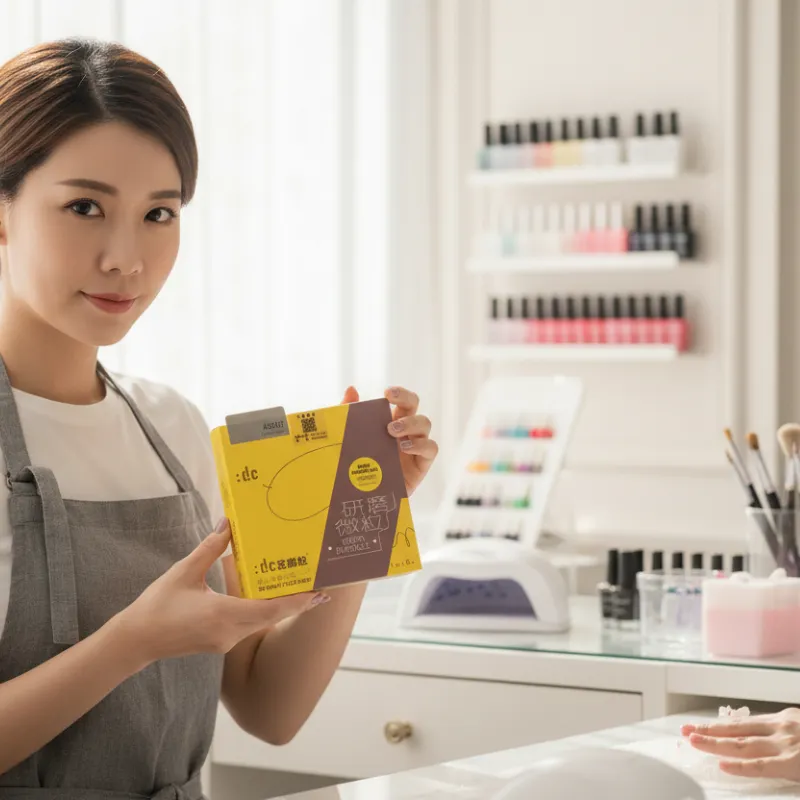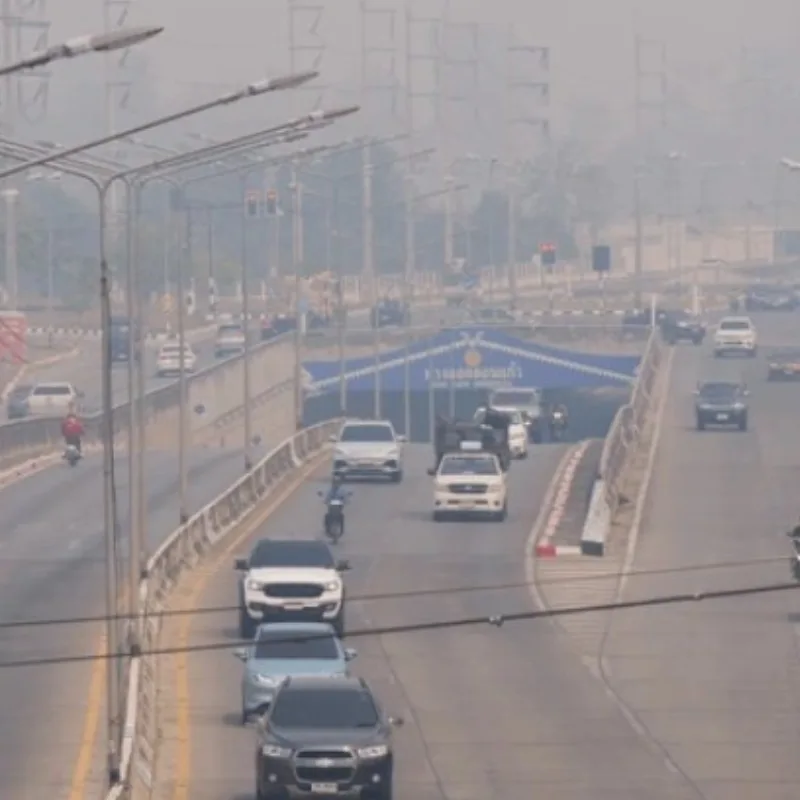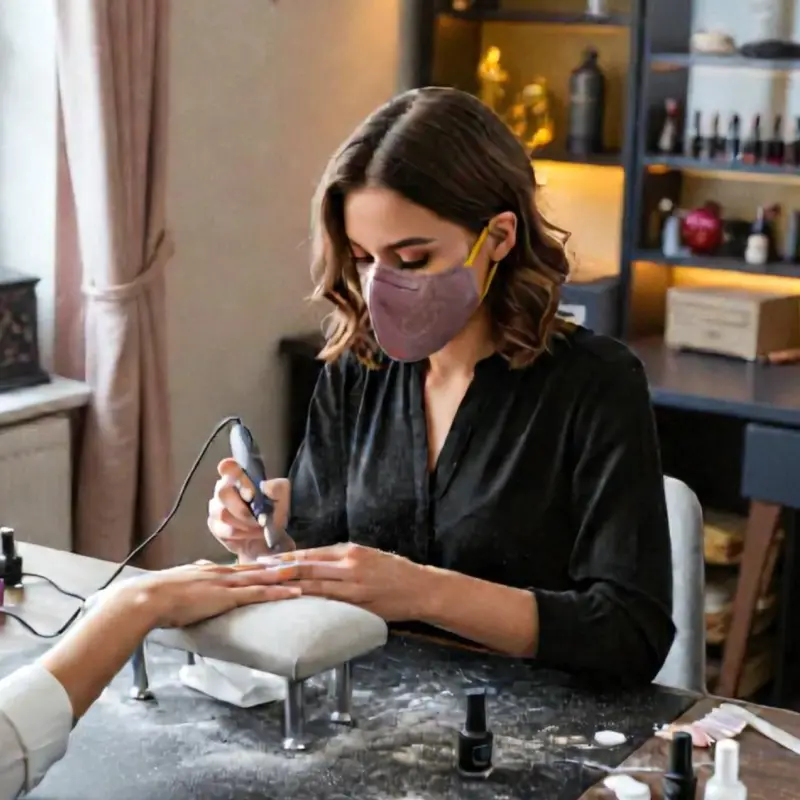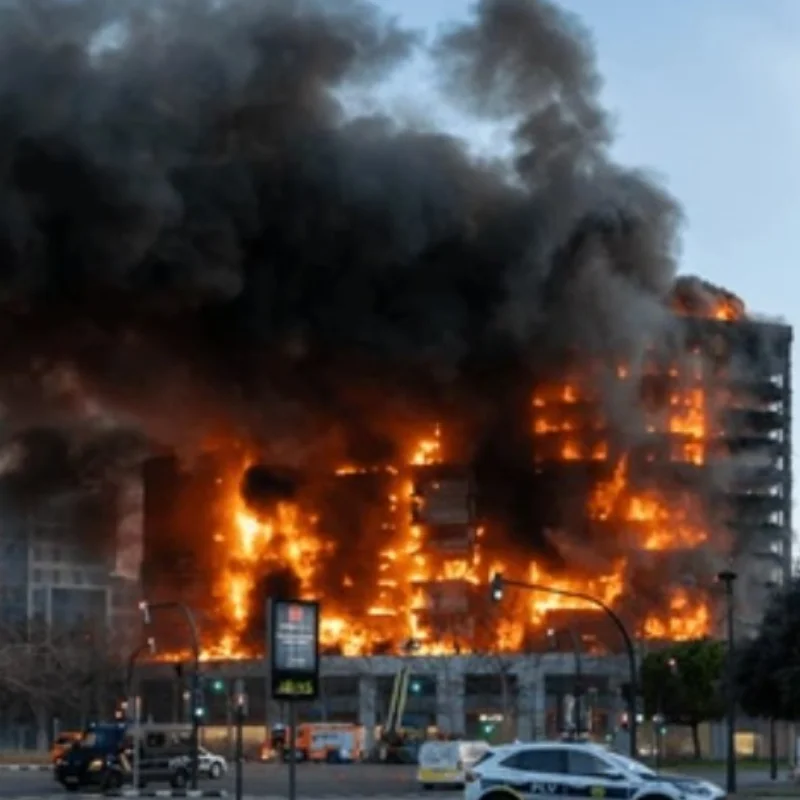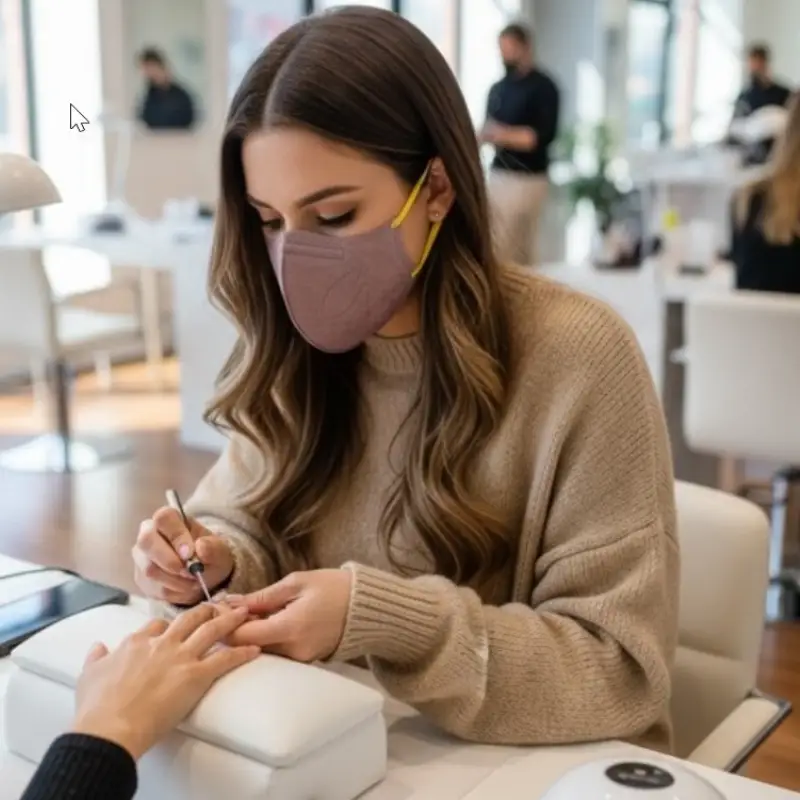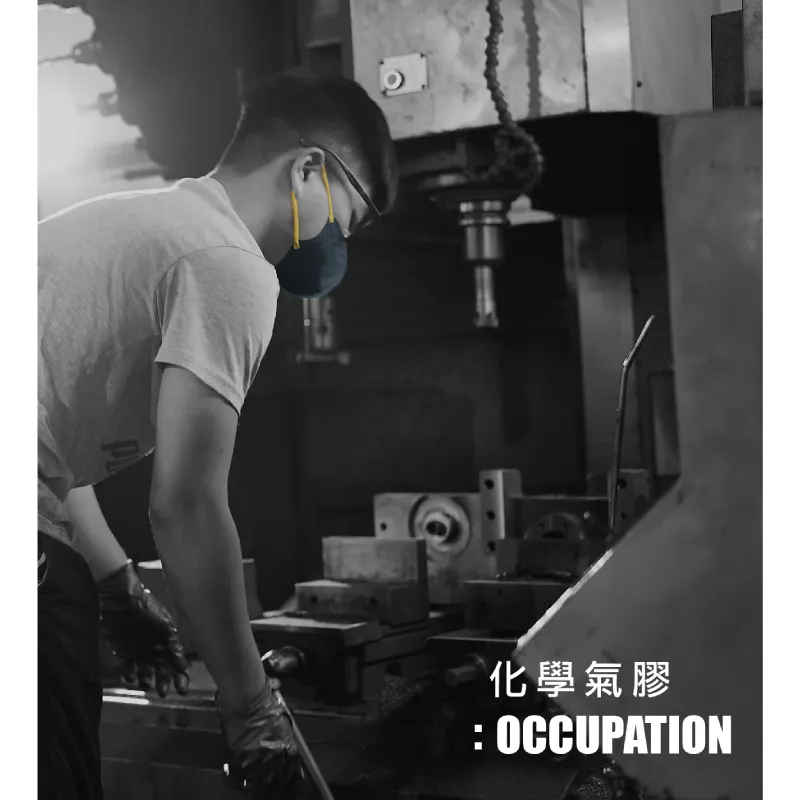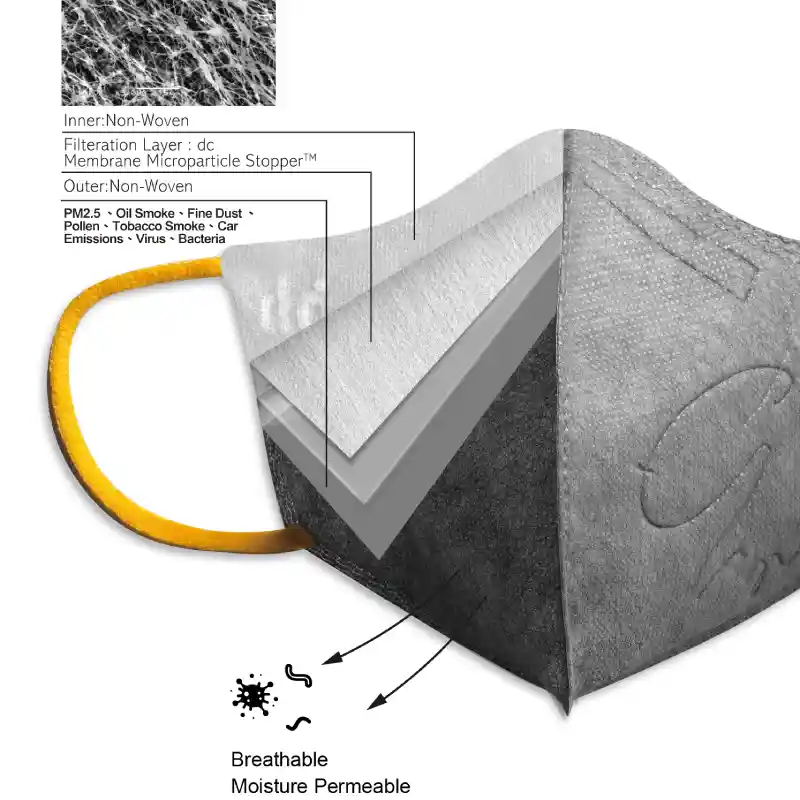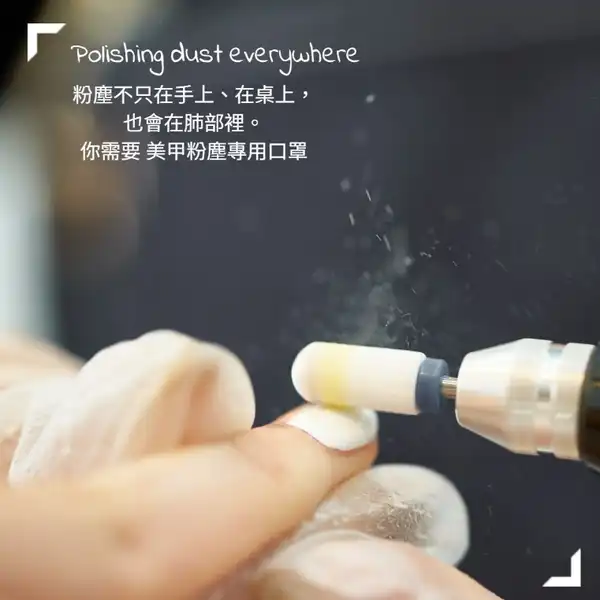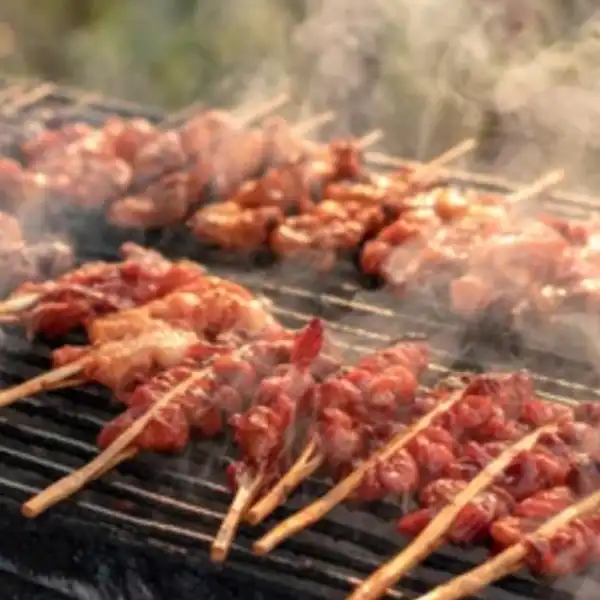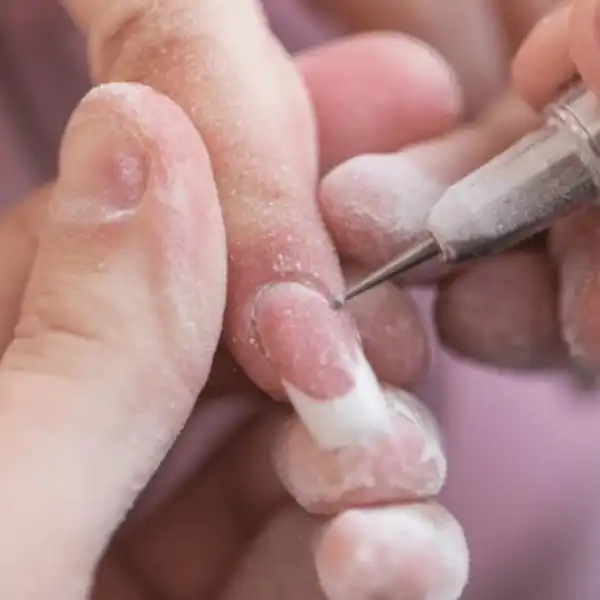Blog
The busy season for nail artists doesn’t just mean a full schedule. It also means more dust, more fumes, and more stress on your lungs.
EnterIn recent years, air pollution in Thailand has become increasingly serious, especially during the dry season and agricultural burning periods.
EnterFor nail professionals, filing and removal work is part of everyday business. What’s often overlooked is how fine nail dust and chemical aerosols can quietly affect breathing health over time.
EnterIn fire smoke or post-disaster environments, N95 or FFP2-rated masks and above are the best choice. A reusable N95 respirator offers effective protection while allowing repeated use, making it ideal for both emergency and everyday situations.
EnterIn nail salons, a “dust collector” has almost become standard equipment. Many nail technicians believe that once the machine is turned on, all the dust from nail removal and filing is taken care of. But in reality, what these machines remove is only the large dust you can see.
EnterAs a Taiwan-based n95 mask manufacturer, Dacian offers filtration performance aligned with global standards, with options for adults and children, and designs built for long wear.
EnterDacian, a Taiwan manufacturer of FFP2 facemasks, offers a portfolio designed for daily urban exposure, clinical environments, and workplace compliance—engineered to filter PM2.5, dust, allergens, and smog while maintaining comfort and fit for long-term wear.
EnterThey’re Actually Occupational Hazards.
More clients, more dust? The invisible danger every nail technician faces.
It Might Actually Be Air Pollution.
Many people assume baking doesn’t produce grease or smoke — unlike frying or stir-frying.
On weekends, nothing beats the smell of sizzling meat and smoky charcoal — grilling is pure joy for customers.
But for BBQ chefs and restaurant staff who spend hours surrounded by smoke, that same aroma hides an invisible breathing risk.
When you visit a nail salon to get your nails done, you probably don’t think about the invisible risks your nail tech faces every day. One of the biggest — and most overlooked — dangers comes from the fine dust created during the removal process.
EnterWhy do allergies keep you from sleeping well?
Many people wake up each morning with a stuffy nose, sneezing, or an itchy throat.
